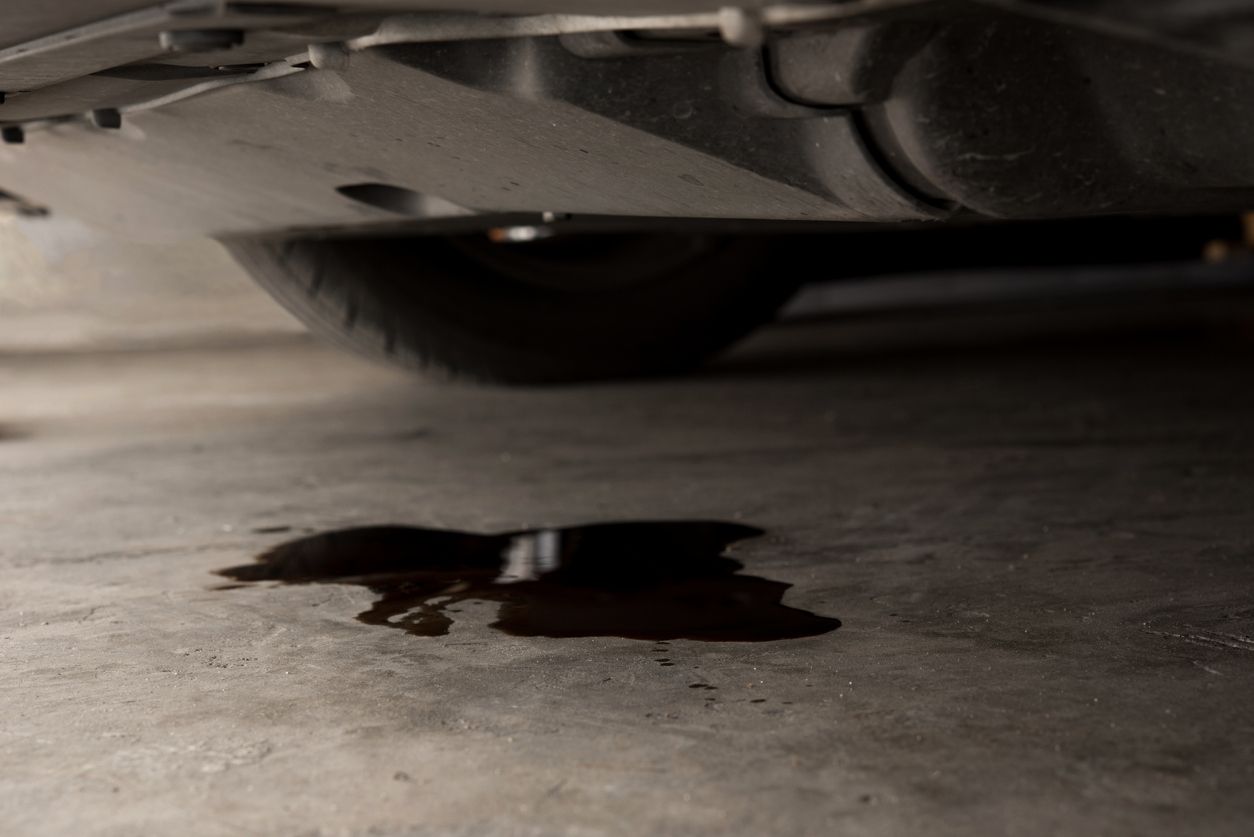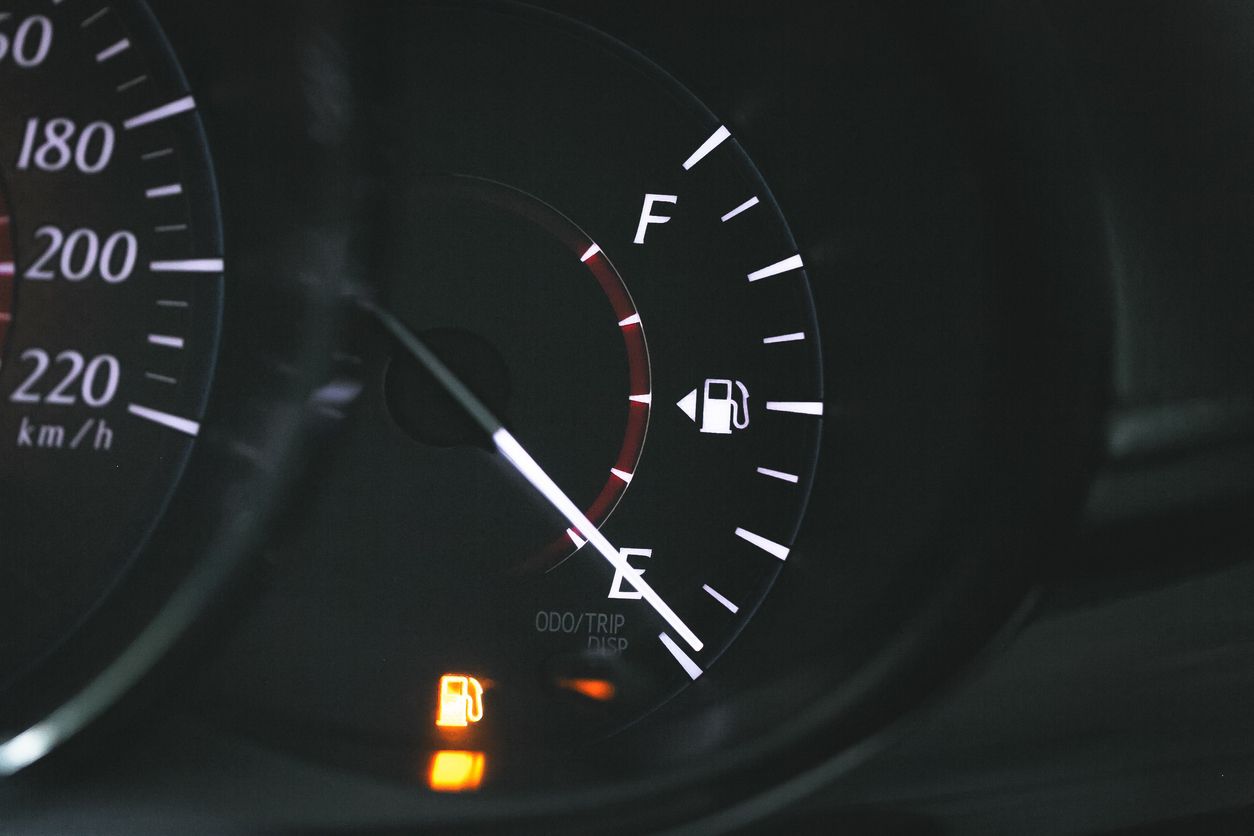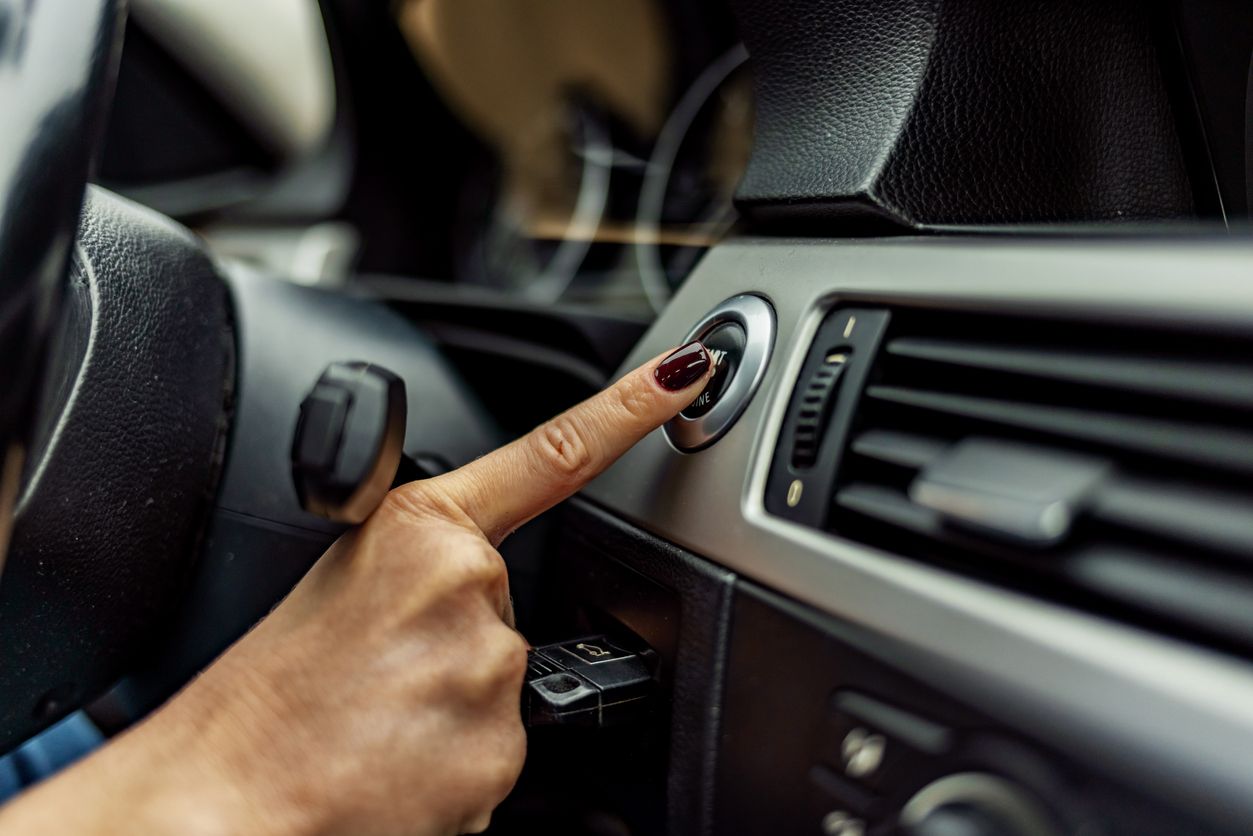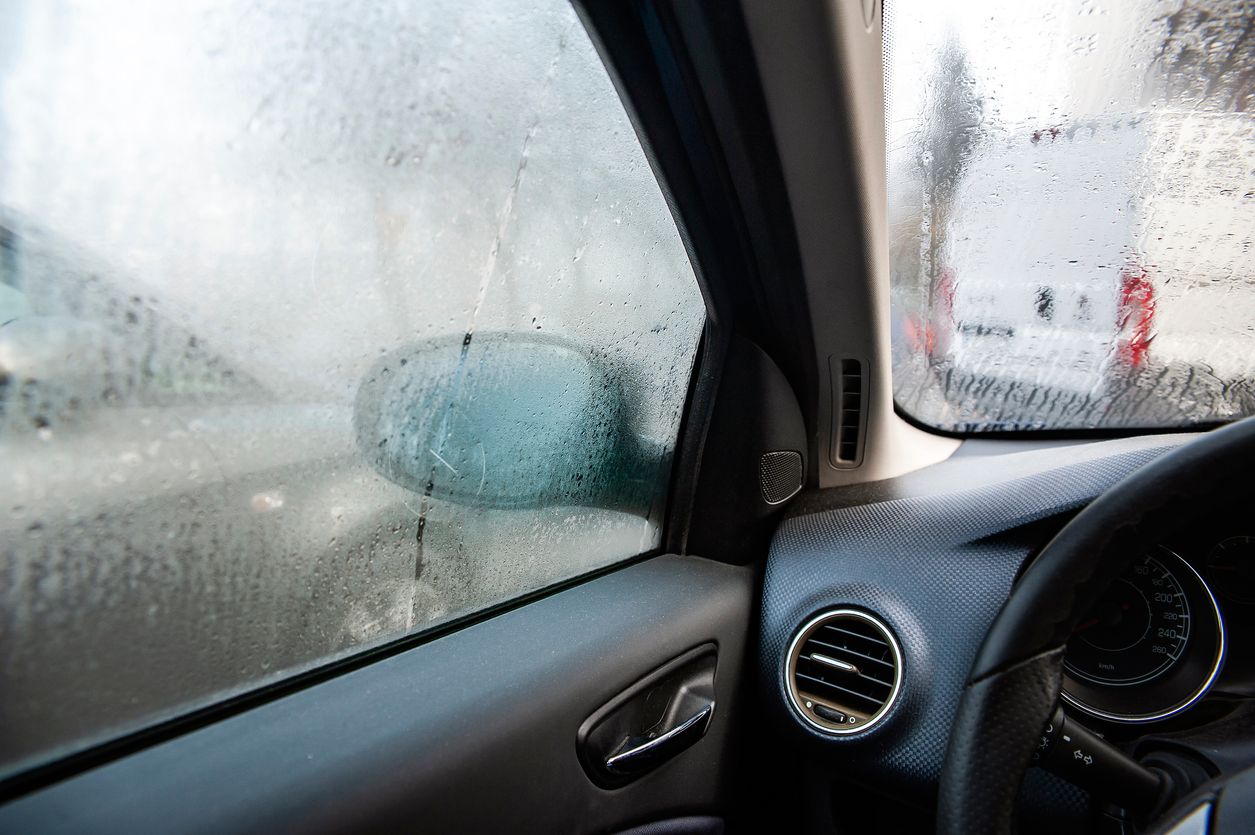It seems like every time you look at your car, a puddle of water has collected underneath it. You wonder, “Why is my car leaking water? Is that normal?” Fortunately, we have answers to those questions and more. Read on to quench your queries!
Is it Normal for Your Car to Leak Water?
Yes. If your car is leaking small amounts of water, it’s likely condensation from your air conditioning or exhaust pipe and generally isn’t cause for concern. Still, a puddle underneath your car is rarely a good sign, so identifying the source of the leak and verifying that the fluid is actually water and not another fluid is top priority.
How to Tell If Your Car is Leaking Oil or Water - The Paper Test
It can be challenging to determine what type of leak you have against an asphalt or concrete background, so we recommend placing a white piece of paper or a paper towel underneath your leak. Then, put on some latex or nitrile gloves and examine the fluid. If the drips on the sheet of paper aren’t colorless and odorless, your vehicle might be leaking one of these fluids:
- Fuel: Straw-colored and very thin, this fluid evaporates rapidly and will likely burn your nostrils if you smell it (which we don’t recommend). Have your car serviced ASAP if you notice a fuel leak — they’re incredibly dangerous!
- Brake Fluid: Thin, oily, and pale yellow in color, brake fluid sometimes smells like underpowered fish oil. Like fuel, if you find brake fluid under your car, you should get it serviced ASAP.
- Engine or Gear Oil: These viscous fluids can be light brown to black in color, have a caustic smell, and are slippery to the touch.
- Automatic Transmission or Power Steering Fluid: Typically red in color, these fluids are thick, slippery, and have a sweet or tart smell.
- Engine Coolant: When you think of antifreeze, you probably imagine that it's classic fluorescent green, but in actuality, it also comes in practically every color of the rainbow — from orange and pink to yellow and blue. So if your fluid is thin, sweet-smelling, slippery, and vibrantly colored, you could have a coolant leak.
- Windshield Wiper Fluid: Like antifreeze, this fluid is thin, slippery, and comes in various colors — though it is often blue. Washer fluid can smell like nothing or give off fumes similar to ammonia or rubbing alcohol, depending on the brand.
If you think your car is leaking one of the fluids above (even windshield washer fluid), our professionals will be happy to help resolve your issue. But if the fluid on the ground is clear, odorless, and not a giant puddle — it’s likely water dripping from your A/C system and nothing to worry about!
Potential Causes for Why Your Car May Be Leaking Water
1. My Car is Leaking Water From the Front — A/C Condensation Could be to Blame
If you notice water pooling underneath your car after driving on a hot day, it could be condensation from your car’s air conditioning. Your car’s A/C removes heat and moisture from the cabin via an evaporator core, which is chilled using a refrigerant that rapidly absorbs heat from the air pushed across its fins by the blower motor.
As the warm air passes over the cold evaporator coil, the moisture from that air condenses into water droplets. These droplets then drip down into a drainage tray or tube, eventually exiting the system through a drain. So if you see a small puddle on the ground — especially near the front of your vehicle — it’s generally a sign that your car’s A/C is functioning properly.
Having problems with your car’s A/C? Schedule air conditioning service at your nearest Firestone Complete Auto Care.
2. My Car is Leaking Water From Underneath — Exhaust Condensation Might be the Culprit
One of the many byproducts of your engine’s combustion process is water vapor. While still hot, this vapor travels through your vehicle’s exhaust system and ultimately exits through the tailpipe. Once it does, the atmosphere cools down the vapor rapidly, which causes it to condense into water droplets.
When you shut off your engine, any excess water vapor undergoes the same condensation as the exhaust system cools down. So if you’re experiencing a few drops of water during a cold start, specifically from your exhaust pipes or near the rear of your vehicle, exhaust condensation is probably the culprit.
It’s worth noting that a few drops can be completely normal, but if there’s a large amount of water leaking from your exhaust, you could have a blown head gasket. When a head gasket fails, it can allow coolant to enter your engine’s combustion chambers — which may result in quantities of sweet smelling water accompanied by white smoke exiting through your exhaust pipe.
However, if you have a faulty head gasket, a water leak from the exhaust probably won't be the first thing you notice, since blown head gaskets are generally accompanied by more serious symptoms like white smoke billowing from your exhaust, decreased engine performance, and overheating, to name a few.
Still Suffering From Soggy Sorrows?
Don't let a leak dampen your driving experience. If your car is leaking anything other than water, it's crucial to determine the cause and find a solution. Stop in for a quick courtesy check. Or, put your mind at ease with Complete Vehicle Inspection Plus, which covers tire inspection, coolant pressure testing, and more.
Whether it's a simple fix or a more complex issue, trust the professional technicians at your local Firestone Complete Auto Care to diagnose and resolve the problem. Schedule an appointment and take control of your car's health today.



